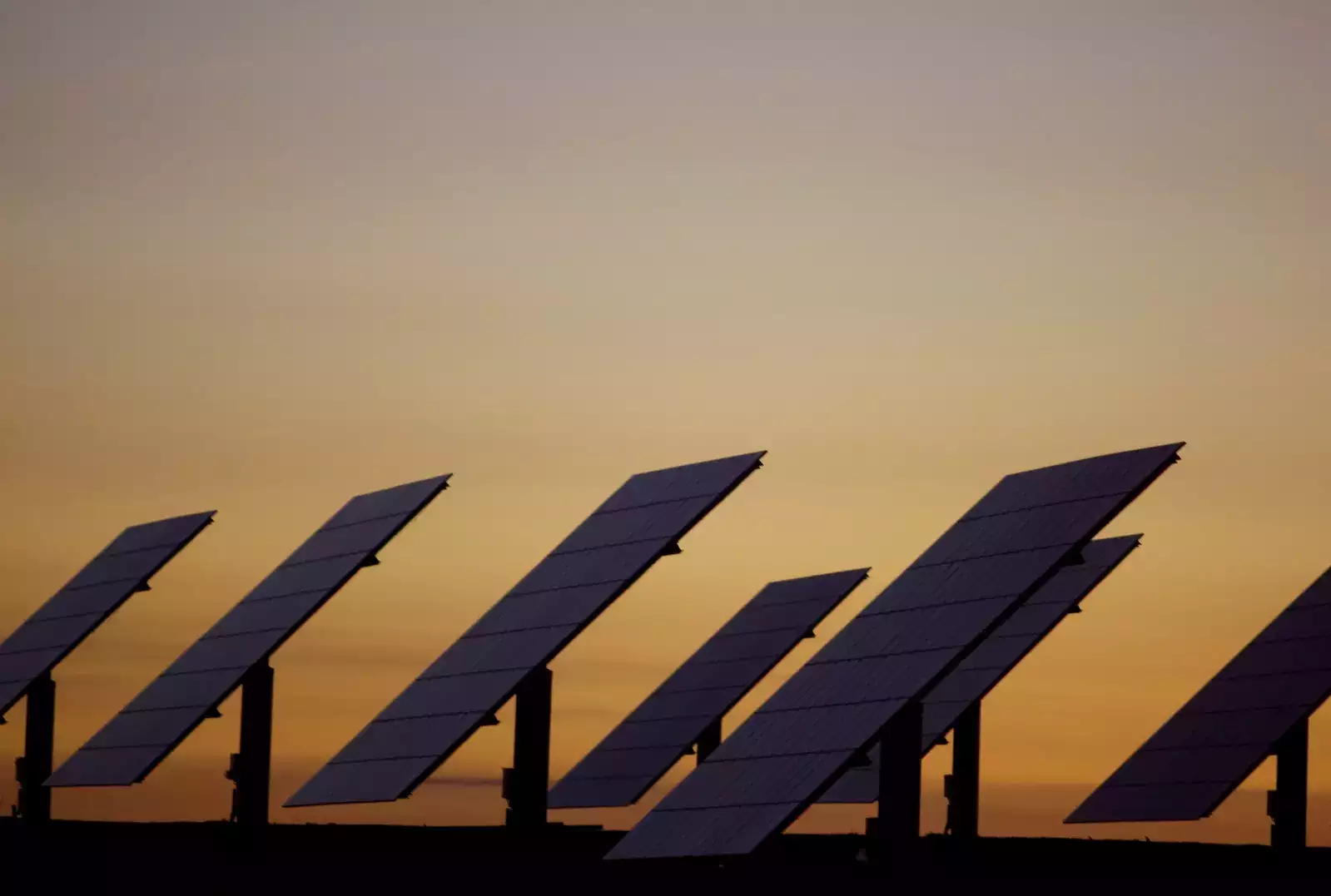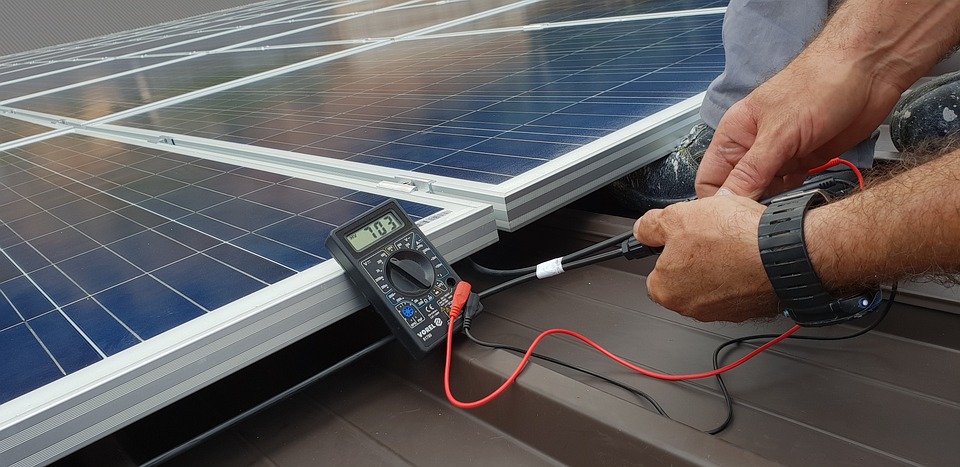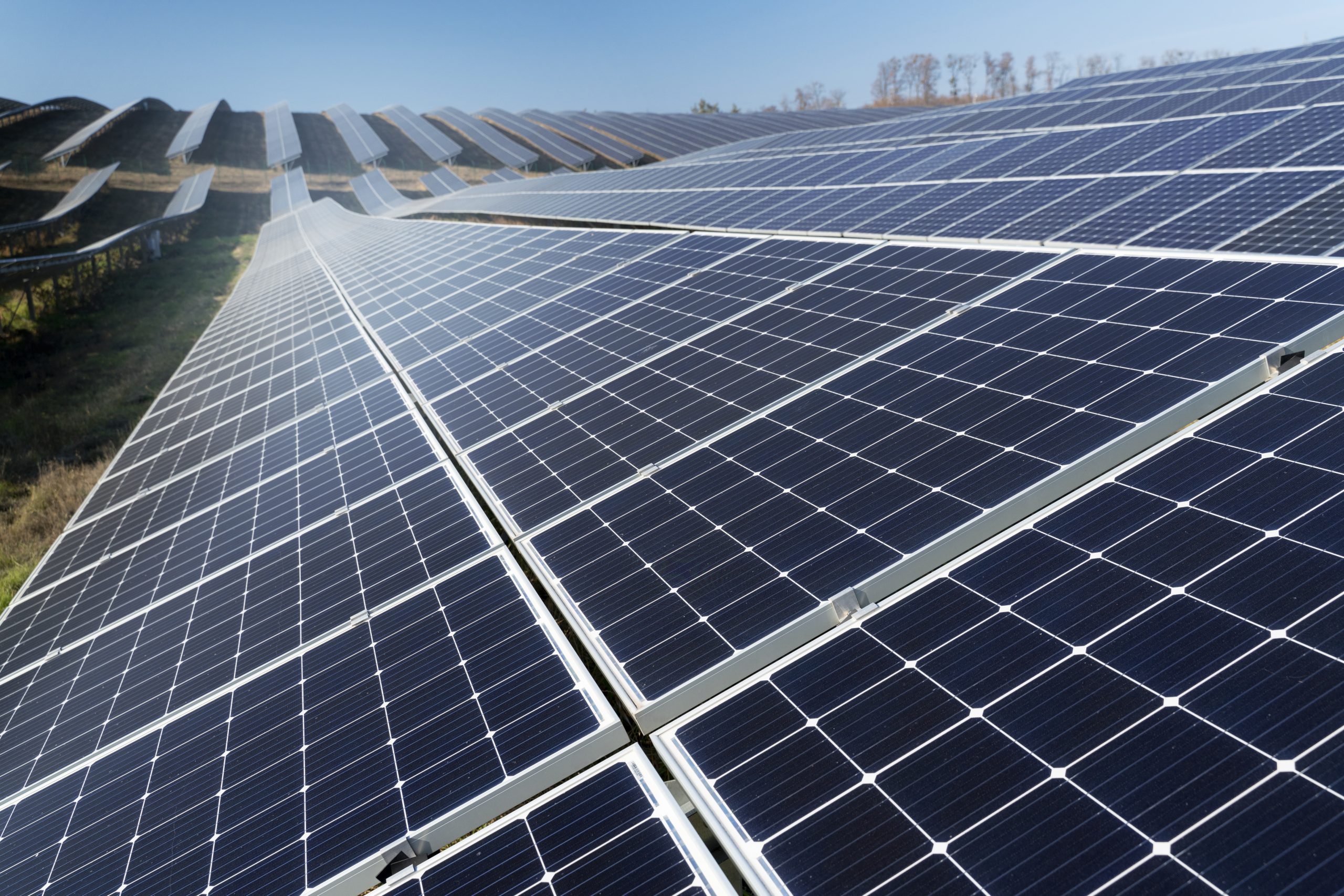











Renewable energy is becoming more vital than ever as sustainability moves to the forefront of global attention. Renewable energy is becoming more and more viable to incorporate into our daily lives as renewable technologies advance.
With increasing global warming, industrialists and retailers are running behind renewable resources. These sources are seen as a possible hope for the near future. Renewable Energy Certificates India is one such step.
Renewable Energy Certificates (RECs) are a market-based instrument that certifies the bearer owns one megawatt-hour (MWh) of electricity generated from a renewable energy source. The REC received can then be sold on the open market as an energy commodity once the power provider has fed the energy into the grid. Earned RECs can be sold to other polluting entities as a carbon credit, for example, to offset their emissions.
It’s a market-based mechanism offered by REC registry India that will assist states in meeting administrative requirements (like RPOs) by succeeding geographic restrictions on renewable potential in various states.
RECs separate the electricity component (commodity) from the green/environmental characteristics of renewable-energy-generated power. After that, both components might be exchanged independently.
As the geographical constraints of commodity power do not bind marketable certificates, Renewable Energy Certificates aid in stimulating the generation of renewable energy above and beyond the RPO state limit.
As solar, wind, and other green energy flow into the electricity system, a Renewable Energy Certificate India (REC) works as an accounting or tracking tool. Because renewable energy sources create power that is indistinguishable from that produced by any other source, some type of tracking is essential.
Along with knowing what REC is, one must also know how it is created.
When a renewable energy source creates one megawatt-hour (MWh) of power and sends it to the grid, a renewable energy certificate (REC) is created by REC registry India. A wind power plant that generates 5 MWh of electricity has five credits to retain or sell.
A REC that has already been sold by the REC registry in India cannot be purchased again. All renewable energy credits are assigned a unique number and often include information such as the location of generation, the kind of renewable resource used, and a generation date stamp. The transmission of RECs is monitored and logged.
Many states have laws requiring utilities to buy or create sustainable solar energy. Solar carve-outs are the term for these criteria. Furthermore, several states have enacted a Renewable Portfolio Standard (RPS), which mandates that electricity companies generate a specific proportion of renewable energy each year. The Renewable Energy Certificate India market is mostly driven by RPS mandates.
Renewable Energy Certificates represent one megawatt-hour of power, regardless of where it was produced. The price, however, may fluctuate based on supply and demand. REC arbitrage is facilitated via middlemen brokers. But the market allows renewable energy suppliers to save money on energy production while also reducing carbon emissions by promoting more green energy production.
Join Waaree Energies Ltd. In contributing to the environment by adopting renewable sources of energy. India’s largest Solar PV Module producing company, Waaree, now offers its services to customers across India. Reconstruct your life with solar energy that benefits your pockets and saves the future.
Read about Renewable Energy Definition and Types of Renewable Energy Sources